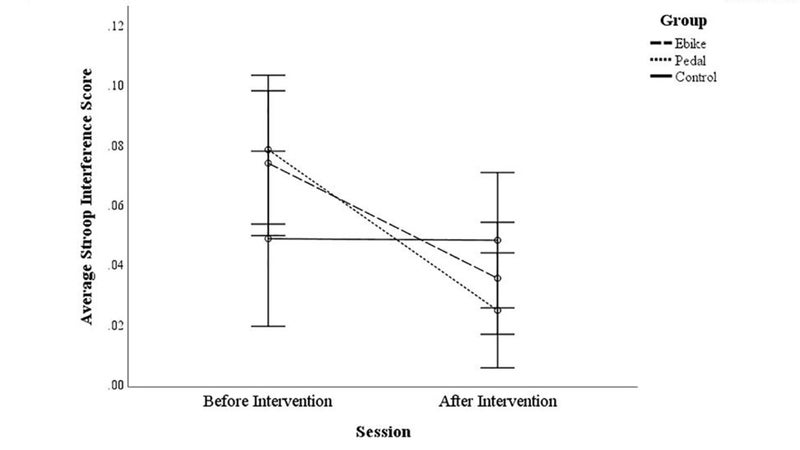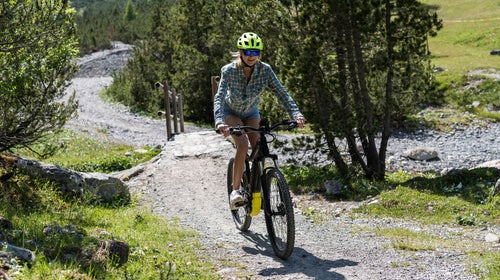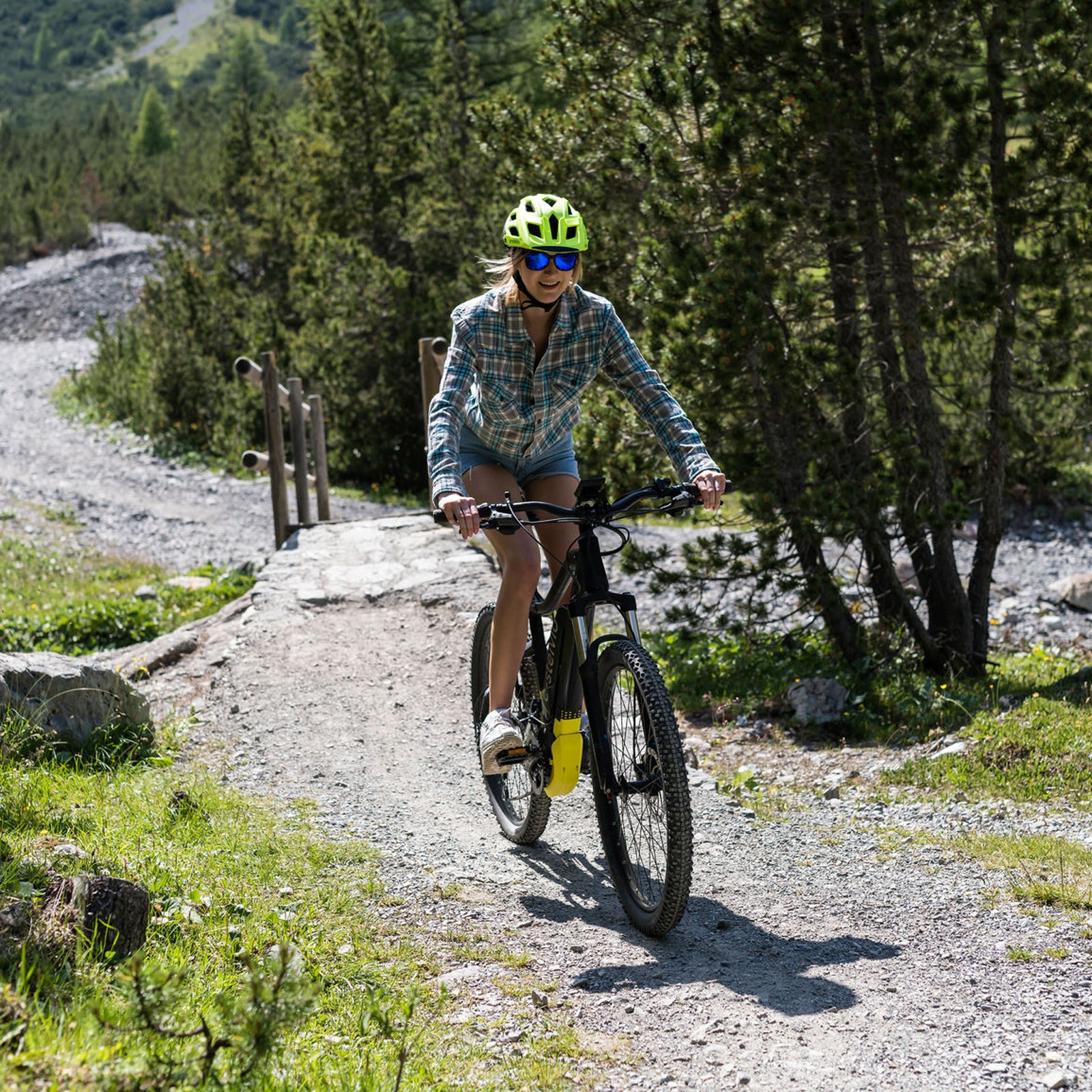One of my favorite cycling controversies was the rumor—complete with Zapruder-style video analysis—that Fabian Cancellara used a hidden electric motor in his bike to surge away to victory in the 2010 Tour of Flanders. These days, cycling authorities deploy mobile X-rays and thermal imaging to screen bikes at major races, and last year a French amateur rider was sentenced to 60 hours of community service after being caught for “mechanical doping.” But outside of racing, electric bikes, a new study reminds us, also have a much more positive side.
The study, from researchers at Reading and Oxford Brookes universities in Britain, looks at cognitive function and psychological well-being in adults over the age of 50. The grim truth is that cognitive function tends to decline as we get older, and that’s often associated with declines in well-being. But the encouraging caveat is that these declines are far less inevitable than we used to think, and there are two simple tactics that can fight against them: being active, and getting outside.
In PLoS ONE, the researchers report on a study that deployed both these tactics together. Instead of studying exercise in the stultifying environment of the lab, they sent their volunteers out in the world on bikes. Of 100 subjects between the ages of 50 and 83, 36 received normal bikes, 38 received Raleigh Motus e-bikes, and 26 were in the non-cycling control group. None were in the habit of cycling when the study started, and they were asked to do at least 30 minutes of biking three times a week, on their own, for eight weeks. Before and after the study, they completed a series of cognitive tests and psychological questionnaires.
The main hypothesis was that this relatively modest amount of biking would be sufficient to boost cognitive function, particularly a subset known as executive function that enables you to plan, organize, and complete tasks. The results generally supported this hypothesis, though the effect wasn’t as strong and uniform as expected. In several tests of executive function, both the cycling groups saw significant improvement relative to the control group. This isn’t a big shocker given previous research, but it’s nice to see that even something as mild as noodling around on a bike at your own pace for half an hour a few times a week produces a measurable effect.
The interesting twist came in the comparison between the regular and e-bike groups. The researchers hypothesized that the regular bike group would get the biggest effects, because they would have to work harder. The e-bikes had five motor settings, ranging from turbo to off. The subjects ended up spending 26 percent of their time in turbo, 7 percent in sport, 24 percent in tour, 28 percent in eco, and 15 percent with the motor off. So they were getting plenty of help during their rides. Perhaps in consequence, the e-bikers spent slightly more time in the saddle: 2.39 hours per week on average, compared to 2.07 for the normal bikers.
Contrary to expectations, though, the results showed little or no difference between the two bike groups. Here, for example, is one of the outcome measures for a cognitive test called the Stroop Task, which measures your ability to inhibit unwanted reactions (a subdomain of executive function):

The control stayed roughly constant, while both bike groups showed improvement (in this case a lower number after the intervention). Overall, the e-bike subjects scored just as well as the regular bike subjects, and in some cases (such as one of the well-being measures) even better. Heck, maybe Cancellara just wanted to feel good about himself.
The apparent conclusion from these results could be that the actual physical exercise you get from riding a bike is less important for your cognitive health than getting out the door into the rich outdoor environment. I’d be cautious about drawing that conclusion, though. For one thing, the exercise dose here was so low that it may not have had much impact at all. Based on previous literature, it’s reasonable to assume that if they’d done more or quicker cycling, you might see more exercise-specific benefits. There are also some more subtle possibilities, like the fact that learning to ride an e-bike for the first time represented a cognitive challenge that forced the riders to use their brains more than those who were pedaling a more familiar machine.
Still, the unexpectedly good performance of the e-bikes is food for thought. The study was part of a larger project called Cycle Boom that sought to “understand cycling among the older population and how this affected independence, health, and wellbeing.” Some of the comments the researchers got after the study noted that having an e-bike gave subjects confidence to explore a little more widely without worrying about whether they would be able to get home.
These are not minor details—because overcoming the barriers that may keep older people from cycling (or being active in other ways) is far more significant than marginal differences in the effectiveness of one type of exercise over another. A few years ago, while my dad was waiting for a knee replacement, I tried to convince him to consider an e-bike since he was finding it painful to cycle around his hilly neighborhood. He wasn’t taken with the idea, and to be honest I understood his perspective. It felt like cheating, somehow. But looking at these results now makes me wish I’d pushed a little harder.
My new book, Endure: Mind, Body, and the Curiously Elastic Limits of Human Performance, with a foreword by Malcolm Gladwell, is now available. For more, join me on Twitter and Facebook, and sign up for the Sweat Science email newsletter.

